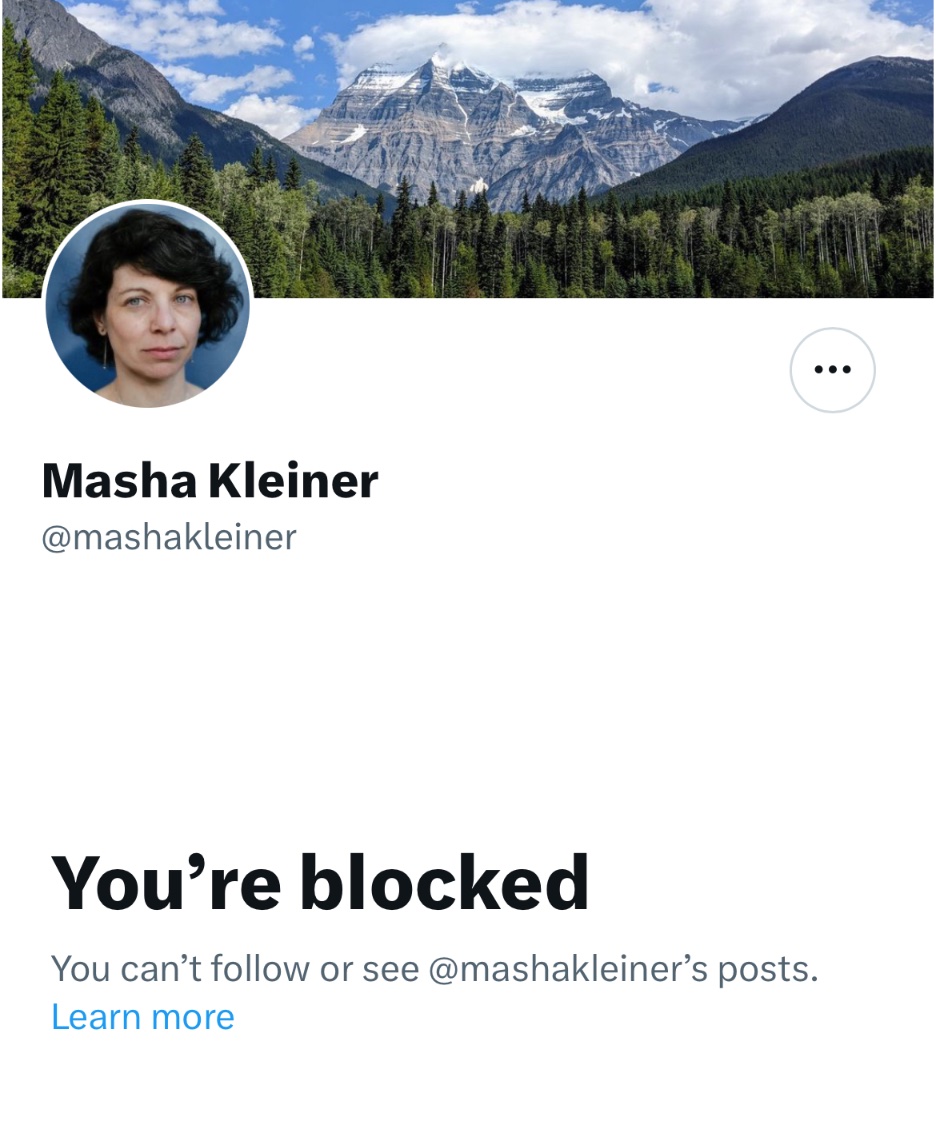This point appears to be correct.
https://twitter.com/prof_gabriele/status/1300447837399011329
I’m going to line up my favourite comments here.
You know how much I like using a direct letter format on Twitter. And a parody that channels the parodied’s sentence structure back at them.
You know how much I like using a direct letter format on Twitter. And a parody that channels the parodied’s sentence structure back at them.
https://twitter.com/mattfarish/status/1300436956300619776?s=20
If Yascha Mounk thinks talking about “2+2” has a negative impact on the reputation of public health research during a pandemic, has he asked himself what negative impact his talk of “cancel culture” has?
https://twitter.com/aaronhuertas/status/1300432410581053441?s=20
By the way, I have a research article that argues persuasion isn't a useful concept. It presumes we want to leave it up to those we address to decide whether to take up our option and shift in the way we want them to shift. We don't. Because that would be description.
Persuasion as a term obfuscates the power we bring to bear in order to push--more or less forcefully--our addressed audience into the positions we prefer them to have. Much of that power is contained in how we address and position those addressed audiences.
Yascha Mounk's promotion of his Persuasion platform buys into the genteel notion of persuasion, which I think is outdated and inaccurate.
Mounk's tweet positioning Kareem Carr's 2+2 talk as contrary to what Mounk thinks his dean's vision for public health should be, exemplifies the power at play in trying to change someone's position--in this case directly the dean's, and indirectly Carr's--by casting them into it.
Here's the article I wrote about that.
#publicpedagogy #writingstudies #teamrhetoric #rhetcomp #rhetoric #discourseanalysis
papers.ssrn.com/sol3/papers.cf…
#publicpedagogy #writingstudies #teamrhetoric #rhetcomp #rhetoric #discourseanalysis
papers.ssrn.com/sol3/papers.cf…
• • •
Missing some Tweet in this thread? You can try to
force a refresh





